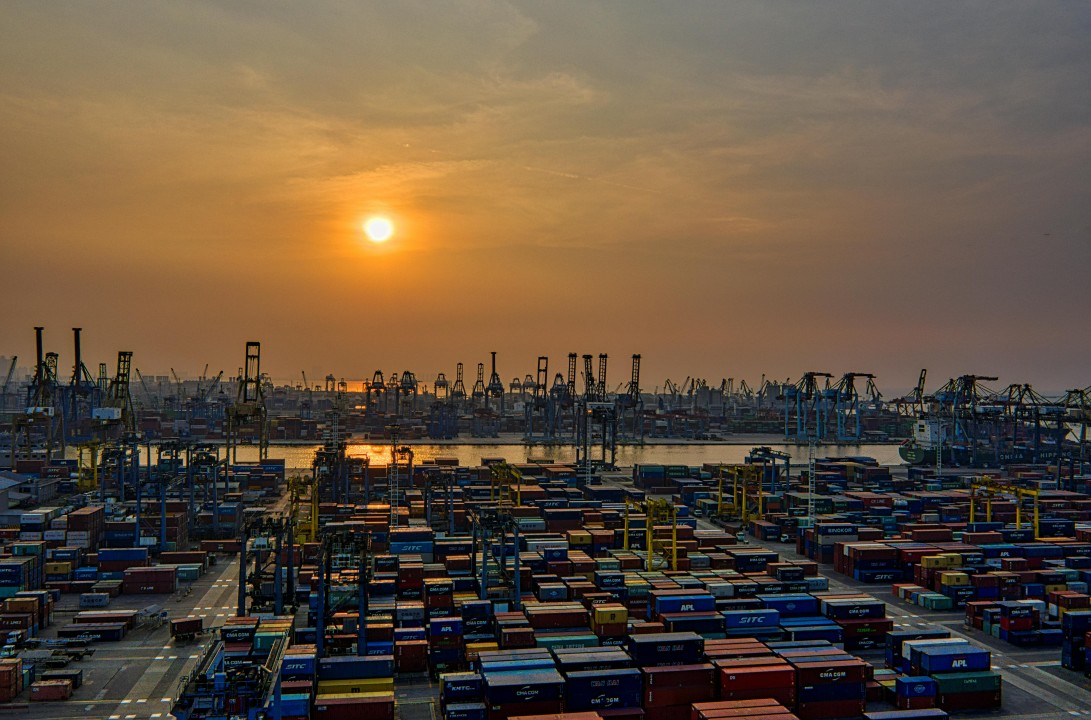
India's aspirations to become a global electronics hub seem like a prolonged battle, one that can be won if certain challenges are overcome in time. While the government’s Make in India mission aims at boost domestic manufacturing, there are certain areas it needs to address. India’s complex customs procedures and ambiguous duty structures are among such challenges that are creating some bottlenecks.
Let's delve into the key challenges the industry faces as a far as the customs is concerned.
Balancing Incentives and Competition: The government implements high import duties on finished electronics to promote local manufacturing. However, this can also make imported components expensive, eroding the cost competitiveness of Indian-made products.
The Duty Maze: Frequent changes and a multi-layered duty structure create confusion for importers. This complexity can lead to delays and unintended errors, further impacting timelines and finances.
Streamlining Processes: Customs clearance procedures can be time-consuming due to extensive documentation requirements and operational challenges such as issues with ICEGATE and IDPMS Portal. This slows down the flow of components, hindering production efficiency.
So what should be done? Since this issue is at multiple levels, India needs a multipronged approach to tackle the matter. Here are some solutions.
· Rationalizing Duty Structure: A stable and predictable duty structure for both components and finished goods can provide clarity and encourage investment
· Focus on Ease of Doing Business: Simplifying customs procedures, leveraging technology for faster clearances, and providing better training for customs officials can streamline the process.
· Boosting Domestic Component Manufacturing: Government initiatives that incentivize local component manufacturing can reduce dependence on imports and create a more robust ecosystem.
By overcoming these customs hurdles, India can create a more investor-friendly environment and empower its electronics sector to compete on the global stage.
Article contributed by Deepankar Khare, Joint Director, MAIT.
Comments (0)
Leave Your Comment: